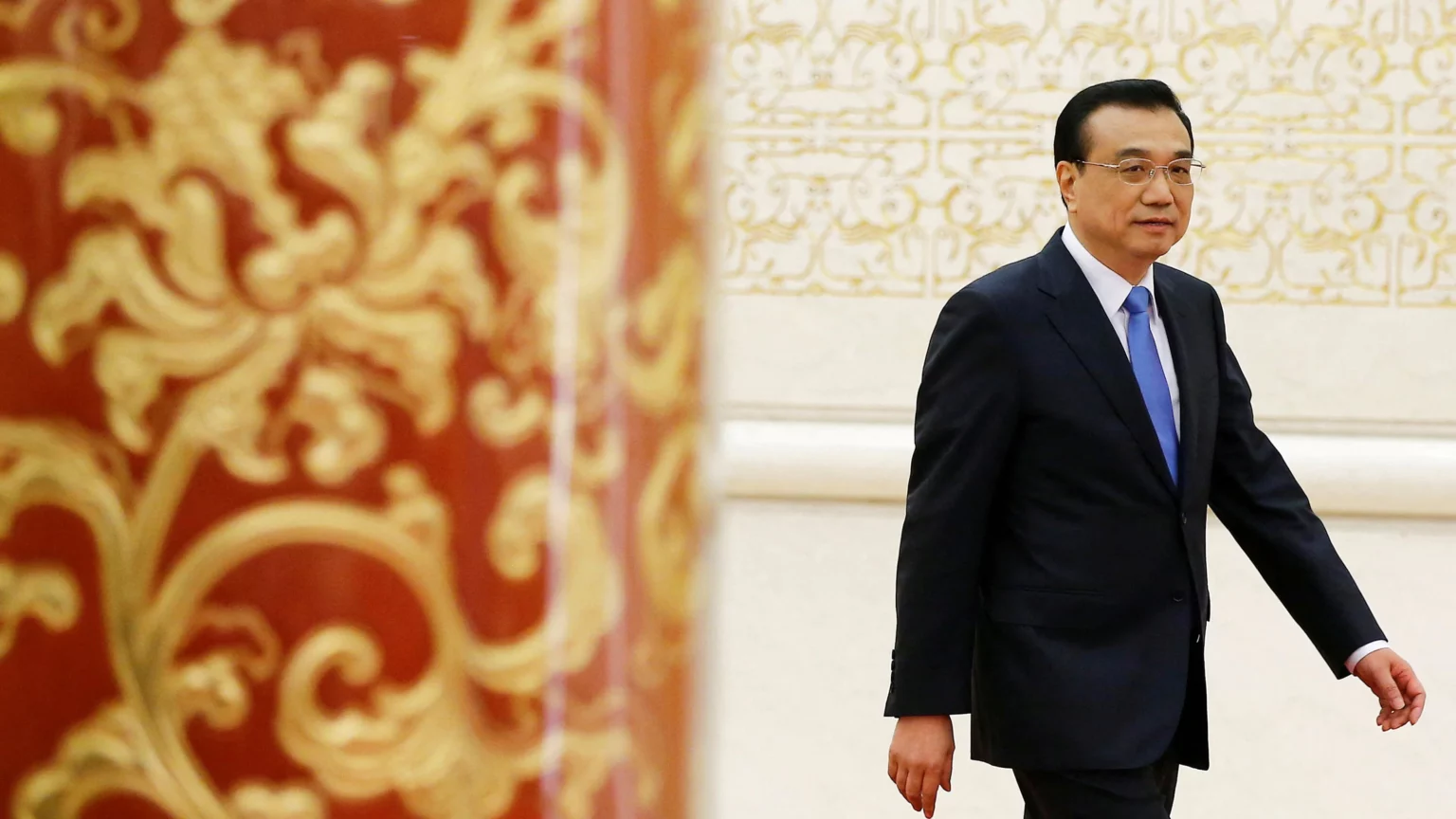Former Chinese Premier Li Keqiang has died after suffering a heart attack at the age of 68, state media reported on Friday. A reform-minded bureaucrat, Li was once listed as the country’s future leader only to be eclipsed by President Xi Jinping, under whom he served as premier for 10 years.
Li Keqiang had a sudden heart attack on Thursday and passed away in the early hours of Friday in Shanghai, where he had been resting, Xinhua news agency said.
During his tenure as premier, Li developed an image as a more modern apparatchik compared to his stiffer colleagues.
A career bureaucrat who spoke fluent English, he had expressed support for economic reforms during his term in office.
He showed liberal tendencies in his youth but toed the party line for decades, and his reputation was damaged by his handling of an HIV/AIDS epidemic originating from a tainted blood donation program while he was party boss in Henan province.
Local authorities responded with a clampdown on activists and the media rather than assigning responsibility to the officials involved, and at the national level, a stream of health scandals also happened on his watch.
Li, the son of a minor party official in eastern China’s poor Anhui province, was sent to the countryside to work as a manual laborer during China’s tumultuous Cultural Revolution.
He went on to achieve a law degree from Peking University, where classmates say he embraced Western and liberal political theory, translating a book on the law by a British judge.
But he became more orthodox after joining the ranks of officialdom in the mid-80s, working as a bureaucrat while his former classmates protested in Tiananmen Square in 1989.
Li grew to become the party’s top official in Henan, and in Liaoning province in the northeast — both of which noticed economic growth — before being promoted to become a deputy to then-premier Wen Jiabao.
However, his attempts at tackling China’s deep economic challenges were shrunk by the overwhelming authority of Xi Jinping, with whom he was once seen as a competitor for the country’s leadership.
Li was praised for supporting to lead the country through the global financial crisis relatively unharmed.
However, his period in office witnessed a dramatic shift in power in China from the more consensus-based rule associated with former leader Hu Jintao and his predecessors to the more concentrated power of Xi.
It also saw China’s economy starting to slow from the dizzying heights experienced in the 1990s and 2000s.
When Li left office, the Chinese economy was experiencing some of its lowest development in decades, hammered by a Covid-induced slowdown and a crisis in the housing market.
The appointment of Xi supporter Li Qiang — a former Shanghai party boss — as his successor this year was noticed as a sign that his reformist agenda had dropped by the wayside as Beijing tightens its grip over its slowing economy.
But in his final speech as outgoing premier, Li hit a bullish tone, saying China’s economy was “staging a steady recovery and demonstrating vast potential and momentum for further growth”.




